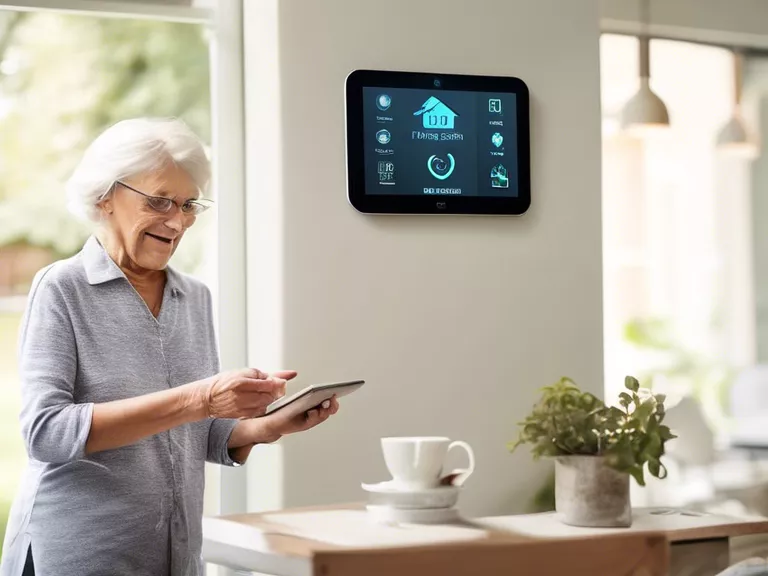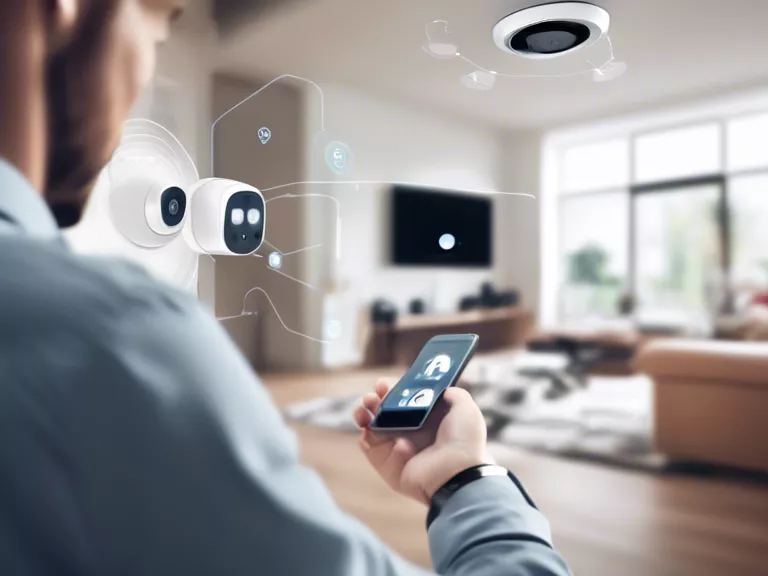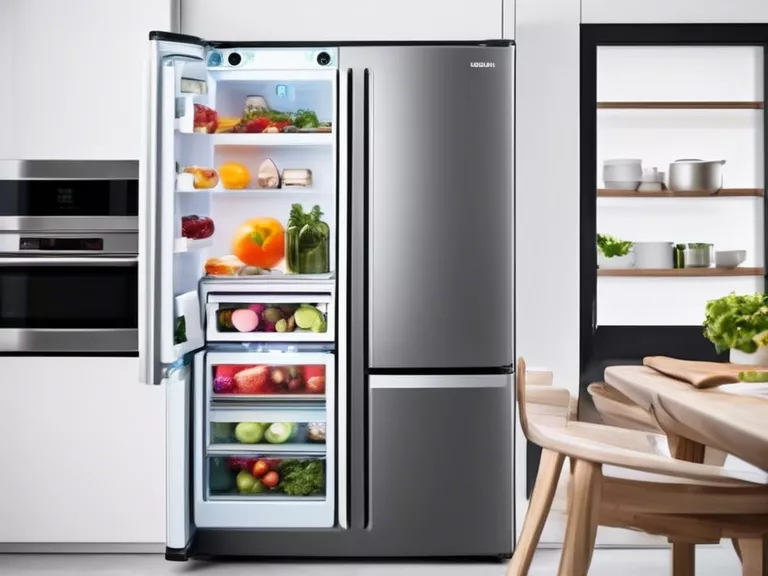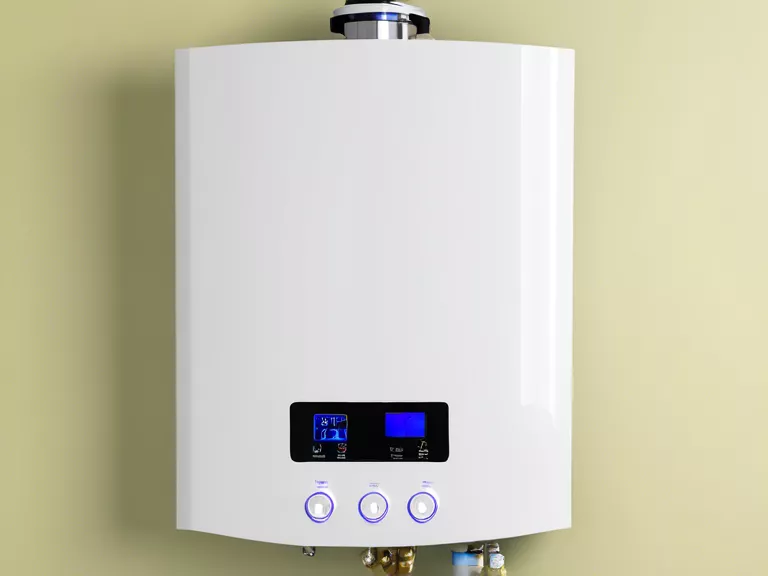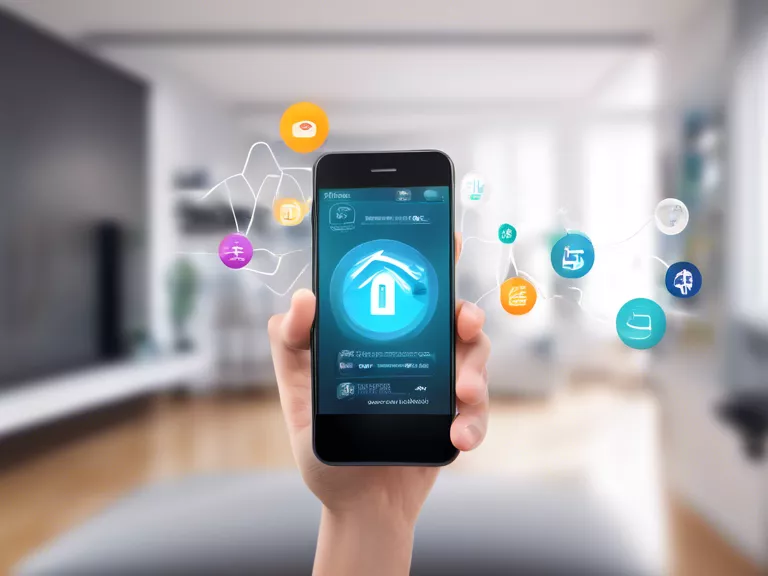
The Future of Smart Home Ecosystems: Achieving Seamless Integration
With the rapid advancement of technology, smart home ecosystems are becoming more prevalent in households around the world. These interconnected systems, which include devices such as smart thermostats, lighting, security cameras, and voice assistants, offer convenience, efficiency, and increased control over home functions. However, as the number of smart devices continues to grow, the need for seamless integration within these ecosystems becomes increasingly important.
One of the key challenges facing smart home ecosystems is ensuring that all devices can communicate effectively with each other. Currently, many smart devices operate on different protocols and standards, making it difficult for them to work together seamlessly. This can result in a fragmented user experience and limited functionality. In order to address this issue, industry stakeholders are working towards developing universal standards that will enable different devices to easily connect and share data.
Another important aspect of achieving seamless integration in smart home ecosystems is interoperability. This refers to the ability of different devices to work together and perform tasks in a coordinated manner. For example, a smart thermostat should be able to communicate with a smart lighting system to adjust the lighting based on the temperature settings. By ensuring that devices are interoperable, users can create more personalized and efficient automation routines within their homes.
In addition to technical challenges, privacy and security concerns also play a significant role in the development of smart home ecosystems. As more devices collect and transmit personal data, it is crucial to establish robust security measures to protect user information. This includes implementing encryption protocols, secure authentication methods, and regular software updates to prevent unauthorized access.
Looking ahead, the future of smart home ecosystems will likely involve greater collaboration among industry players to create more interconnected and user-friendly solutions. By working towards universal standards, interoperability, and enhanced security measures, smart home ecosystems can continue to provide users with the convenience and control they desire.
